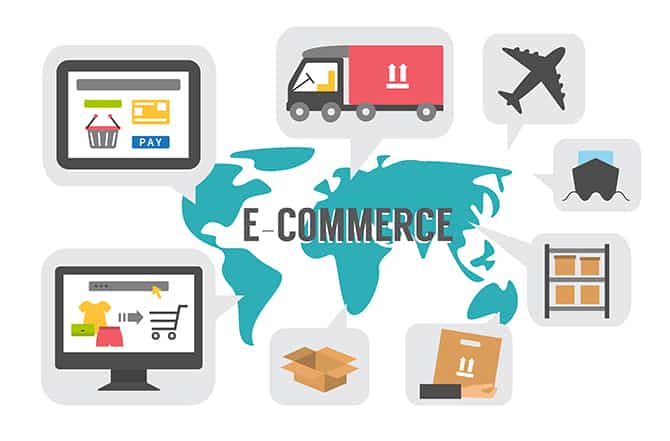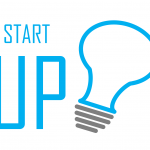Nairobi’s Wasoko and Cairo-based rival MaxAB — two B2B e-commerce startups that facilitate retailers’ ordering of fast-moving consumer goods (FMCG) from suppliers via their respective apps — announced a planned “merger of equals.” Their goal was straightforward: to create better economies of scale in a sector with great potential in the region, but which has faced significant challenges in the wake of the COVID-19 pandemic.
However, nearly seven months later, extended due diligence amid ongoing restructuring and macroeconomic headwinds has delayed the closing of the deal. According to two individuals familiar with the matter who briefed TechCrunch on condition of anonymity, the deal had been expected to close in Q1 of this year.
The importance of the delay is underscored by the high-profile nature of this deal, which has been described by both companies as “the largest merger in African e-commerce.” Although the exact size and value of the deal have not been disclosed by either company, both are major players in the market, having collectively raised hundreds of millions of dollars from several prominent investors.
The progression of this merger will serve as a barometer for the overall state of the B2B e-commerce market in the region. At the time of the merger’s initial announcement, the B2B e-commerce companies were operating in eight countries. However, that number has since decreased to six: Kenya, Rwanda, Tanzania, DRC, Morocco, and Egypt, accompanied by numerous layoffs resulting from this downsizing.
There is now discussion regarding a review of ownership stakes in the new combined holding company. Initially, Wasoko was slated to own 55% of the new entity, while MaxAB would retain 45%, based on revenues at the end of December. However, this share distribution is currently under review due to the significant currency devaluation of the Egyptian pound in March. MaxAB, disadvantaged by its operations in Egypt, may consent to the revision as it urgently needs the merger to close because of its severely depleted runway, according to sources.
Both companies assert that they have secured additional investments, ensuring sufficient runway to achieve profitability. However, sources indicate that they are still negotiating for follow-on funding post-merger. Neither company has disclosed details about the new funds raised.
Attracting new investors might be challenging in the current funding environment, particularly for the B2B e-commerce sector, which has faced significant challenges over the past year and a half. To overcome this, both companies need to quickly adapt their operations, shifting their focus from high top-line growth to profitable scaling. This can be achieved by improving gross margins and potentially introducing new services to expand their customer touchpoints, such as financial services and marketing offerings.
Alternatively, and perhaps more realistically, they could drastically cut costs by streamlining overlapping business structures.
Wasoko and MaxAB have recently undertaken measures such as laying off employees, parting ways with key executives, and ceasing operations in certain markets. These actions indicate that the new entity will probably serve fewer than the 450,000 retailers mentioned during the merger announcement. For context, Wasoko’s website currently states it has 50,000 retailers. As the merger approaches completion, the CEOs from both companies will remain as full-time executives but will operate in different roles.
Wasoko CEO Daniel Yu will focus on investor relations, HR, and fundraising, while MaxAB CEO Belal El-Megharbel will manage internal matters such as technology and operations, according to sources familiar with their new roles. El-Megharbel, sources say, took control of operations in Kenya and led a significant restructuring within the new entity, reducing the monthly burn from $2 million to $500,000, though the gross merchandise value (GMV) also decreased as a result. Wasoko reported an annualized GMV of $300 million in 2022.
Regarding our merger with MaxAB, it is important to note that the process is progressing as expected and in line with the initial terms. Mergers of this magnitude typically require a substantial amount of time to finalize after the signing of initial terms, and our process is advancing as planned,” a Wasoko spokesperson informed TechCrunch.
“Given the ongoing nature of the merger, we are currently unable to comment on speculation about its finer details. We strongly encourage all stakeholders to rely exclusively on official communications from our team for accurate information about our operations.”
Tiger Global, Silver Lake, Avenir, and British International Investment were among the prominent investors who collectively invested over $240 million into Wasoko and MaxAB before this merger.
However, 4DX Ventures, a pan-African investor that supported both companies during their early and growth-stage rounds, is overseeing the merger and facilitating ongoing discussions, according to sources.
“Although 4DX is a shared investor and board member of both companies, it acknowledged its conflict of interest and, therefore, refrained from participating in the core negotiations and decisions between the two companies,” Wasoko stated.
The valuation of the new entity remains uncertain, but in Q4 2023, one of Wasoko’s investors reduced its valuation to $260 million, as previously reported by TechCrunch.
 We just launched our WhatsApp channel. Want to get the latest news from the Tech in Africa?
We just launched our WhatsApp channel. Want to get the latest news from the Tech in Africa?



